We. The Revolution, a unique looking strategy game set during the French Revolution will be on Linux
For those after a strategy game that certainly looks unique, We. The Revolution is bringing the blood-soaked history of the French Revolution to Linux.
Developed by Polyslash with a publishing hand from Klabater, it's going to release with same-day Linux support on March 21st.
The teaser trailer being shown doesn't really show much of what to expect, thankfully they do have an actual gameplay video from December last year which I've included below:
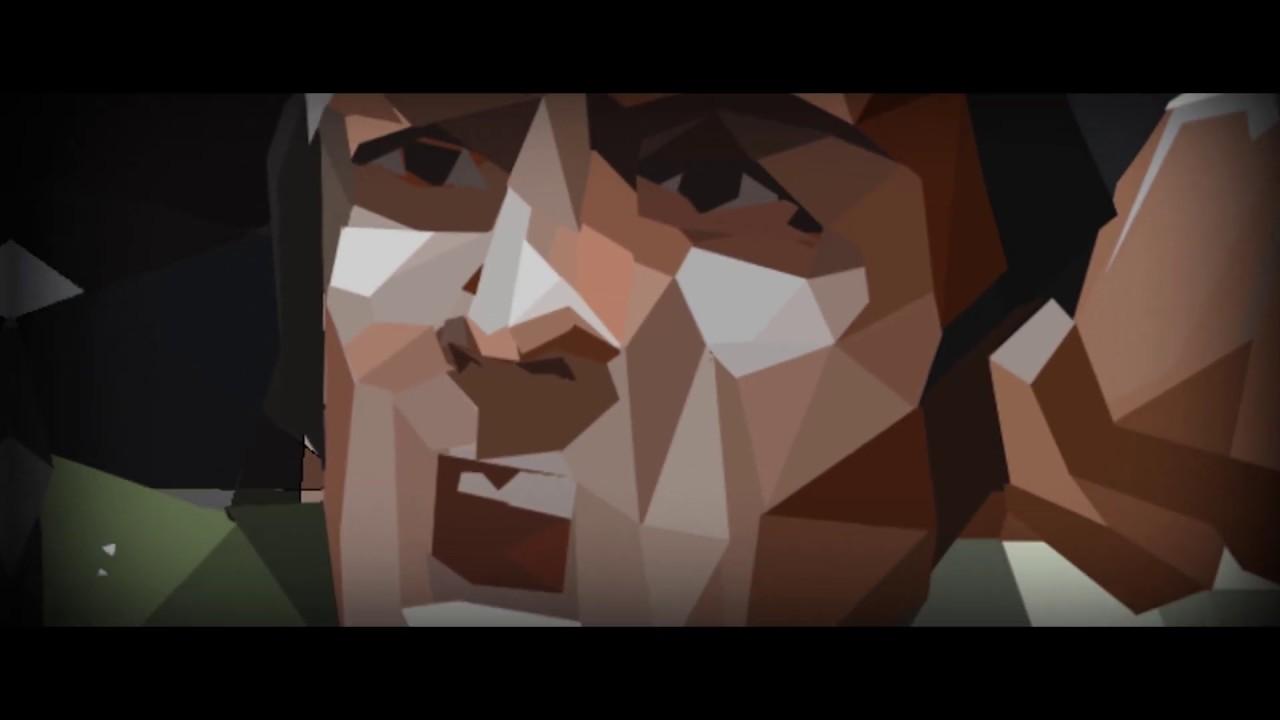
Direct Link
More about it:
We. The Revolution is a unique game with a singular art style set in the blood-soaked and paranoid world of the French Revolution, where often you could not tell a friend from an enemy. As a judge of the Revolutionary Tribunal, you will have to trudge through this setting passing sentences, playing a dangerous political game, and doing everything in your power to not to be guillotined as an enemy of revolution. At the end of a day you will also confront your decisions with your family and very often they will see it differently.
The plot of We. The Revolution will put you in morally ambiguous situations in which there are no obvious solutions, and the decisions you make are never unambiguous. The power over human life and death is a heavy burden, responsibility and strength that can affect the fate of the revolution. keep that in mind each time when passing sentence in the courtroom, while assigning tasks to your agents, giving speeches, and weaving political intrigue behind the scenes. Addressed chiefly to players who enjoy to settle moral dilemmas, make complex personal choices, and immerse themselves in the world of sophisticated political intrigue.
You can wishlist and follow it on GOG and Steam. They're doing pre-orders on GOG with a 15% discount, if that's your thing. As always though, we do suggest waiting until the release.
Note: The Linux team at GOG have already provided me with a key, so I will be taking a look as soon as it's available.
It sounds interesting. I can foresee quite a lot of pissed Frenchies when the game goes out. :DCount me ^^
Which isn't to say the Terror wasn't real. There is a definite difference between something like the Terror and the state killing people as part of the normal operation of the machine, just sort of grinding off bits of humanity that grit the gears--people don't like that, but they know the score: If you're poor, and you're trying to make a living by whatever means necessary, you run certain risks. If you're a peasant, and your local noble is an asshole (as most of them were), you run certain risks. It was the game as they knew it. The thing about the Terror is it changed all the rules, and people who had previously assumed themselves to be safe, people who had previously assumed the state was more or less on their side, could suddenly be killed for things that had been perfectly OK, even the basis of respectability, a year ago. That's going to lead to some fear and paranoia. It's just that people tend to think of the Terror in terms of unprecedented numbers killed, and it totally wasn't that.
Last edited by Purple Library Guy on 14 Feb 2019 at 5:20 pm UTC
I hope it has a story at least as good. :)
Incidentally, a little known piece of context about the Terror: It didn't actually execute more people than were normally executed in France before the revolution. The pre-revolution French state killed a lot of people, usually in ways that were a whole lot more gruesome and painful than the guillotine. Basically torturing to death as judicial penalty. It's seen as such a huge deal because the people killed during the Terror were important people instead of being mostly peasants and the urban underclass, and because they were killed for political reasons instead of for, say, stealing a loaf of bread or not paying their taxes or annoying somebody higher status or whatever.
Which isn't to say the Terror wasn't real. There is a definite difference between something like the Terror and the state killing people as part of the normal operation of the machine, just sort of grinding off bits of humanity that grit the gears--people don't like that, but they know the score: If you're poor, and you're trying to make a living by whatever means necessary, you run certain risks. If you're a peasant, and your local noble is an asshole (as most of them were), you run certain risks. It was the game as they knew it. The thing about the Terror is it changed all the rules, and people who had previously assumed themselves to be safe, people who had previously assumed the state was more or less on their side, could suddenly be killed for things that had been perfectly OK, even the basis of respectability, a year ago. That's going to lead to some fear and paranoia. It's just that people tend to think of the Terror in terms of unprecedented numbers killed, and it totally wasn't that.
Ok , I am almost about to put money on the fact that you are a history major.
Nah. English Lit. I learned history mostly to get better background for game mastering my paper & pencil roleplaying games. Plus smatterings of 18th century and newer from being a lefty radical and reading economic history sort of stuff. Uh, and I'm a Horatio Hornblower fan so I learned a bit about Napoleonic. And tourism--I love castles, and when I go visit them I like to get some idea what they were for. Bits and bobs all over the place, really.Incidentally, a little known piece of context about the Terror: It didn't actually execute more people than were normally executed in France before the revolution. The pre-revolution French state killed a lot of people, usually in ways that were a whole lot more gruesome and painful than the guillotine. Basically torturing to death as judicial penalty. It's seen as such a huge deal because the people killed during the Terror were important people instead of being mostly peasants and the urban underclass, and because they were killed for political reasons instead of for, say, stealing a loaf of bread or not paying their taxes or annoying somebody higher status or whatever.
Which isn't to say the Terror wasn't real. There is a definite difference between something like the Terror and the state killing people as part of the normal operation of the machine, just sort of grinding off bits of humanity that grit the gears--people don't like that, but they know the score: If you're poor, and you're trying to make a living by whatever means necessary, you run certain risks. If you're a peasant, and your local noble is an asshole (as most of them were), you run certain risks. It was the game as they knew it. The thing about the Terror is it changed all the rules, and people who had previously assumed themselves to be safe, people who had previously assumed the state was more or less on their side, could suddenly be killed for things that had been perfectly OK, even the basis of respectability, a year ago. That's going to lead to some fear and paranoia. It's just that people tend to think of the Terror in terms of unprecedented numbers killed, and it totally wasn't that.
Ok , I am almost about to put money on the fact that you are a history major.
Although you get some history from English Lit if you study the old stuff--need a bit of background to dig where Shakespeare, Chaucer etc. were coming from.
Last edited by Purple Library Guy on 16 Feb 2019 at 8:31 pm UTC
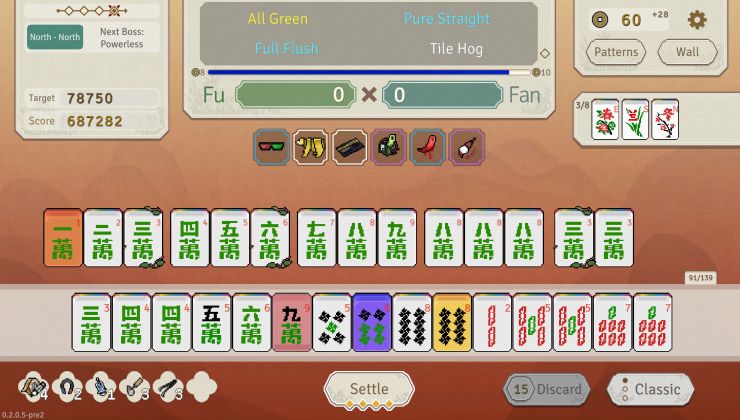
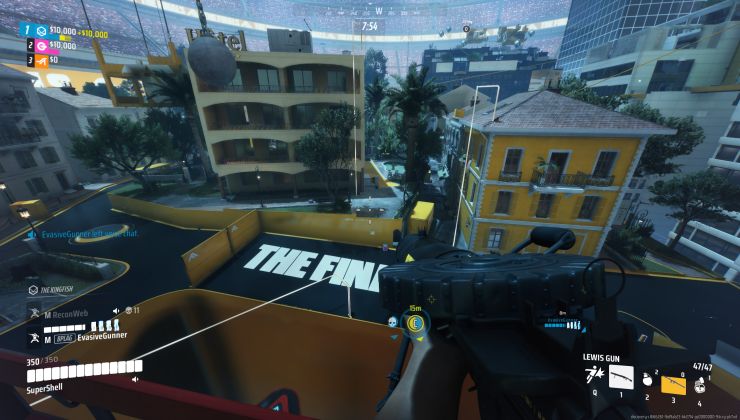
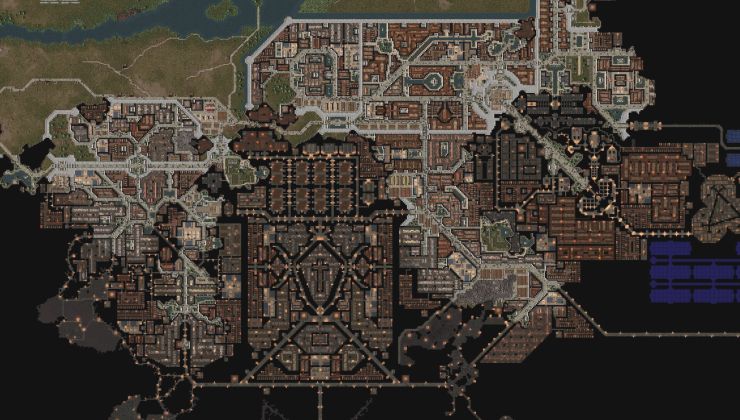
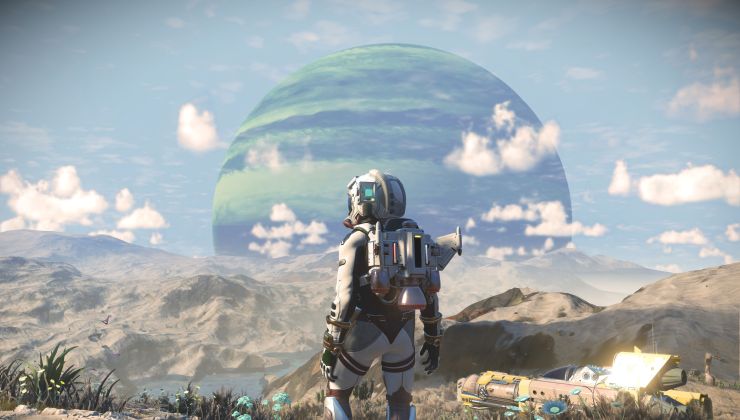



 How to set, change and reset your SteamOS / Steam Deck desktop root password
How to set, change and reset your SteamOS / Steam Deck desktop root password How to set up Decky Loader on Steam Deck / SteamOS for easy plugins
How to set up Decky Loader on Steam Deck / SteamOS for easy plugins
See more from me